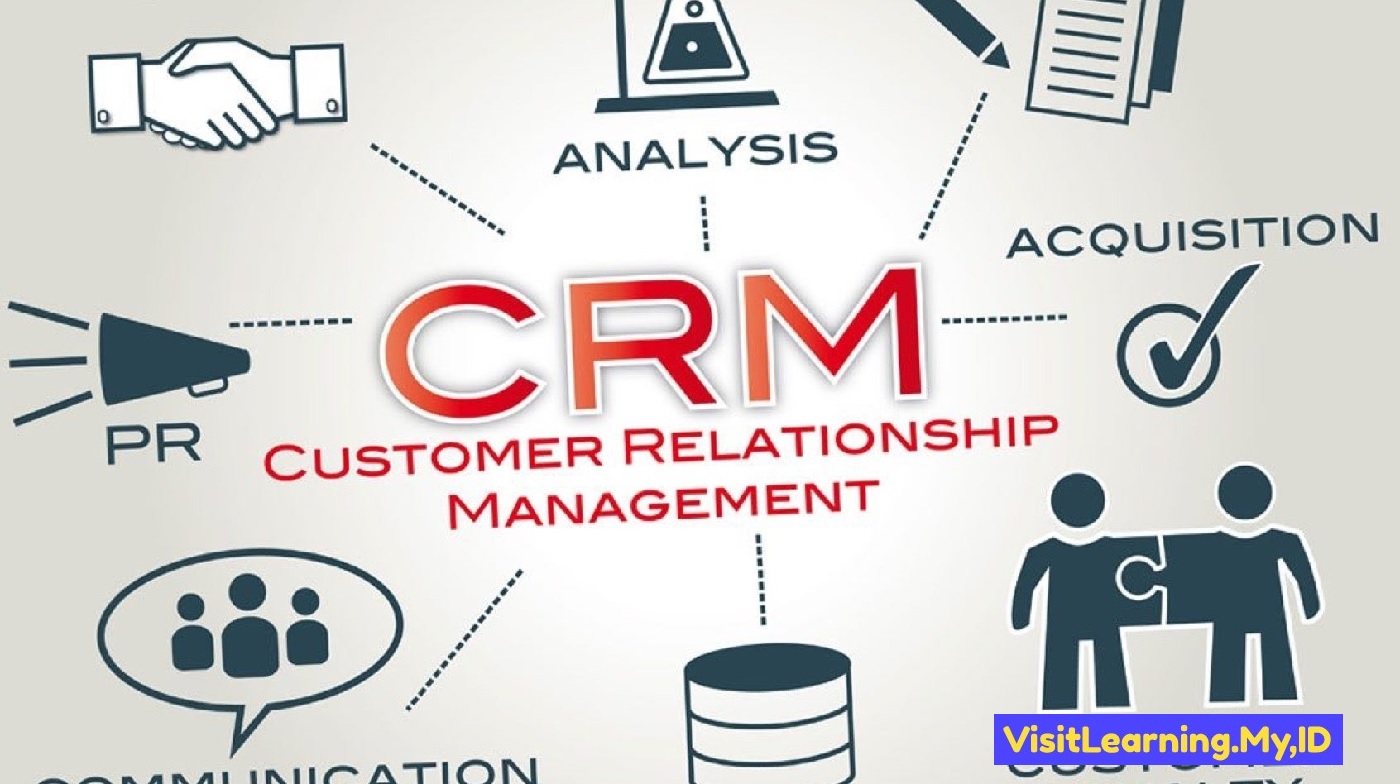CRM Business Analyst Meaning – In today’s fast-paced business world, understanding your customers is everything. That’s where a CRM Business Analyst comes into play. But what does this title really mean? Let’s dive in and break it down.
What’s a CRM Business Analyst?
CRM stands for Customer Relationship Management. Think of it as a toolkit that businesses use to manage interactions with current and potential customers. It’s like having a diary where every note helps you understand your customer better. Keeping track of their preferences, purchase history, and communications can help turn a one-time buyer into a loyal fan.
So, a CRM Business Analyst is like a bridge between a company and its customers. Imagine a translator who helps two people understand each other – that’s what this role does, but for businesses and their clients. They use data from customer interactions to improve services and build better relationships.
Who is a CRM Business Analyst?
A CRM Business Analyst is like the translator between data and action. Picture this: you’ve got heaps of information about your customers, but if you can’t make sense of it, it’s just noise. This is where the analyst shines. They sift through data, uncover patterns, and provide insights that help businesses connect with customers more effectively.
The Role of a CRM Business Analyst
So, what do they actually do? CRM Business Analysts study customer data and feedback. They look for patterns to figure out what customers want and how a business can meet those needs. This means analyzing information from sales teams, customer service, and marketing. It’s all about understanding the customer journey.
Key Responsibilities of a CRM Business Analyst
- Data Analysis: They dig into customer data to pinpoint trends. Are sales going up during holiday seasons? Are there certain products customers keep returning? An analyst answers these questions, helping businesses make informed decisions.
- Communication: Just as a bridge connects two sides of a river, the CRM Business Analyst connects data with different departments. They ensure that sales, marketing, and customer service teams understand the insights derived from the data.
- Software Management: They often work with CRM software to set up systems that track customer interactions. This role requires tech-savvy skills to configure tools that meet the unique needs of a business.
- Training and Support: A major part of the job? Helping others understand how to use the CRM tools. Think of it as being the guide for a tour group; they ensure everyone knows what’s important and how to navigate the landscape.
Skills Required to Be a CRM Business Analyst
A good CRM Business Analyst wears many hats. First, they need strong analytical skills. It’s like being a math wizard – you have to crunch numbers and turn them into insights. Second, they should communicate well. They explain complex data in simple terms, kind of like being a storyteller. Customers and stakeholders must understand the findings.
- Analytical Thinking: An eye for detail is crucial. They need to spot patterns and understand what the numbers mean, much like a detective piecing together clues.
- Communication Skills: Since they work with different teams, being able to convey complex data in simple terms is key. It’s like translating a foreign language into everyday speech.
- Technical Proficiency: Familiarity with CRM software like Salesforce or HubSpot is essential. It’s much like being able to drive a car; you need to know how it works to get where you want to go.
Why Is This Role Important?
Without a CRM Business Analyst, businesses could very well be flying blind. The insights derived from customer data can steer marketing efforts, shape sales strategies, and even improve customer service. Essentially, they help turn information into actionable strategies that lead to growth. This role is the heartbeat that keeps customer engagement alive and flourishing.
So, think of a CRM Business Analyst as the detective in a mystery novel. They piece together clues to solve the puzzle of customer satisfaction. When businesses understand their customers better, they create products and services that truly resonate. This leads to happier customers and increased loyalty.
Tools of the Trade
A CRM Business Analyst uses various tools to gather and analyze data. Tools like Salesforce, HubSpot, and Microsoft Dynamics are popular choices. These platforms help collect customer information, track interactions, and gather feedback. It’s like having a toolbox filled with gadgets that make the job easier and more efficient.
Challenges Faced by CRM Business Analysts
Every job comes with challenges, and CRM analysis is no exception. One major hurdle is dealing with large amounts of data. It can feel overwhelming, like trying to find a single star in a bright sky. Another challenge is keeping up with technology. With new tools and updates popping up all the time, staying current is essential.
The Future of CRM Business Analysis
Looking ahead, the role of a CRM Business Analyst is set to grow. As companies increasingly rely on data to make decisions, these analysts will be in high demand. They will help organizations not just understand their current customers, but also anticipate future needs. It’s about being proactive rather than reactive.
The Bottom Line
In today’s customer-first world, the role of a CRM Business Analyst is more vital than ever. By interpreting data and sharing valuable insights, they pave the way for better customer interactions and ultimately, business success. So the next time you hear this title, you’ll know just how impactful this position really is.
The Heart of Customer Connections
In a world where customers have endless choices, businesses can’t afford to ignore their needs. A CRM Business Analyst acts as the heart of these connections. By translating data into meaningful insights, they help companies develop strategies to build better relationships with their customers. This role is not just about numbers; it’s about creating a better experience for everyone involved.
